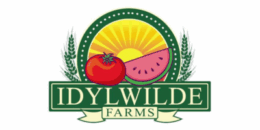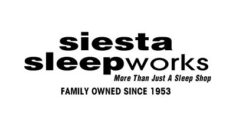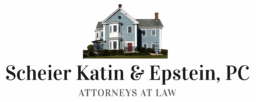Acton’s Town Charter contains a provision for “Petitioner’s Warrant Articles.” These are articles brought forward by ordinary citizens, rather than by the Select Board or a department of Town government. The Charter requires ten signatures to place a petition on the warrant for Annual Town Meeting.
Articles 37, 38, & 39: Citizens Library Expenses
Terra F. from Mass. Ave. moved that the Town Meeting take no action on Articles 37 and 38. She said this was an “administrative misunderstanding,” lamenting the fact that writers of Citizens Petitions are not allowed to review petition language with Town Counsel. This motion passed by a voice vote.
June Leslie presented slides in support of Article 39, Citizens Library Expenses 3. Several speakers interrupted, asking for clarification of confusing aspects of the petition and saying that the slides were the same ones Leslie had used when she spoke against Article 11.
After her presentation on the proposed article, Leslie encouraged a no vote on the article. In apparent surprise, Moderator Berry asked for clarification that she had just presented her petition, then asked Town Meeting to vote no.
Alissa Nicol spoke for the Select Board, saying the article is not actionable because it doesn’t include a dollar amount and that it includes convoluted requests. She said the Town Charter says the Town Meeting’s role is limited to the appropriation of funds, but all the decisions about how funds are allocated throughout the year are at the sole discretion of the Town Manager. She also pointed out sections of the wording of the motion that were false statements.
Roland Bourdon presented the Finance Committee position. He said that these articles are “fundamentally confusing, incomplete, and not physically actionable.” He said this article proposed legal expenditures but failed to specify any dollar amount, making it impossible for the Town Meeting to make an informed budgetary decision. “The lack of specificity and clarity renders these articles problematic.” The FinCom did not recommend the article.
Moderator Berry said, “This is problematic because it is not clear. The proponent gathered signatures for a thing and then spoke against it toTown Meeting. I think the most appropriate action at this time…would be to move to postpone indefinitely, because it is not clear what [one’s] vote means.”
Terra interrupted the discussion to say that “[Ms. Leslie] changed her mind…we are divided.”
Lees Stuntz moved that Town Meeting postpone the motion indefinitely. Berry took a voice vote. The motion carried.
Article 40: Citizen Petition to Hold Workshop
This article’s summary noted that Town officials are proposing a new traffic light at the intersection of Hayward and Main Street. This non-binding citizen’s petition article requested that the Select Board hold a workshop to examine pros and cons regarding the traffic light plan and consider non-signalized alternatives such as roundabouts.
The Finance Committee supported the article, stating that the cost of one more listening session was low and the outcome could be useful. The Select Board did not recommend the article, with a split vote. At the Town Meeting, the Select Board stated that they had held a forum on this intersection, that there have been 15 accidents at this intersection in recent years, and that state funding would not be available to support a second redesign.
Voters speaking from the floor stated opposition to a roundabout, objected to land being taken for this project, suggested decreasing the speed limit, and stated that there was no discussion of a traffic light during an earlier stage of intersection redesign. Voters passed the article, 94-42.
Article 41: Citizen Petition to Conduct Impact Study
This article urged Town leaders, before recommending any major zoning proposal, to perform [and release for public review] detailed impact studies, which would examine various outcomes including likely and worst case scenarios of what could happen should the zoning proposal be accepted. The Select Board recommended this article on a split vote, with three in favor and two abstentions. The Finance Committee recommended the article unanimously, stating that they also have been asking for impact studies.
One voter expressed his surprise to learn that we don’t already do impact studies in this town, in contrast to his prior town. Another voter warned that this article seems to be headed towards discriminating against families with children, which is illegal in Massachusetts. After further discussion, the voters turned down the article: 44 yes and 85 no.














